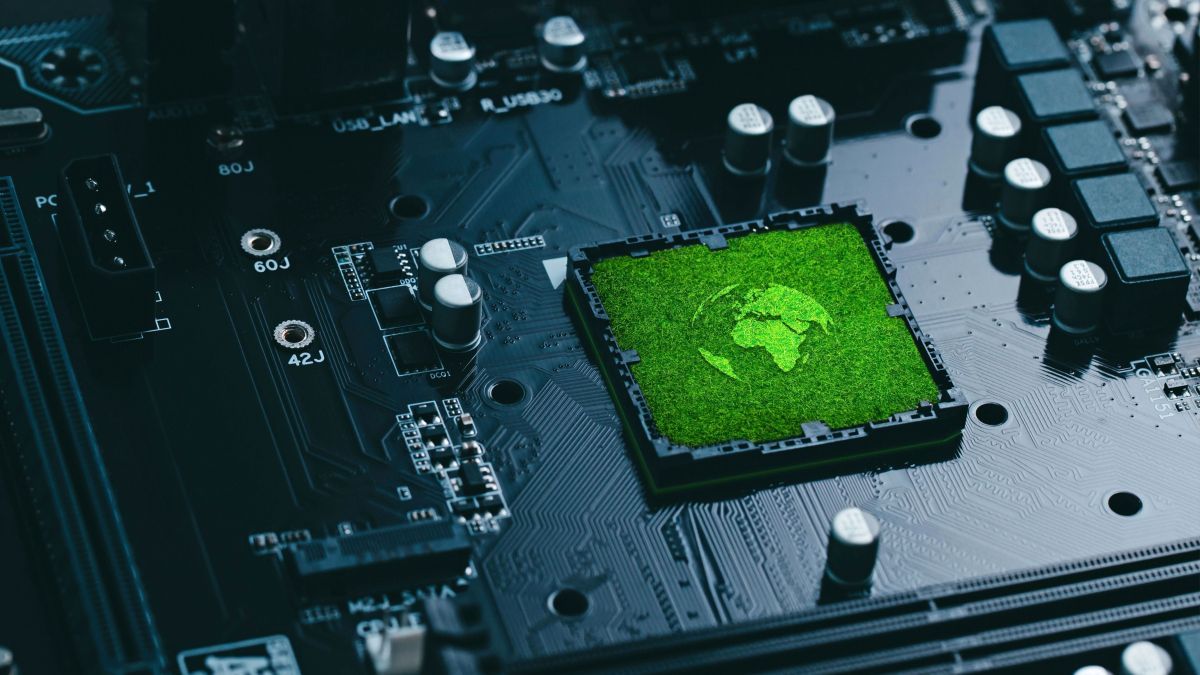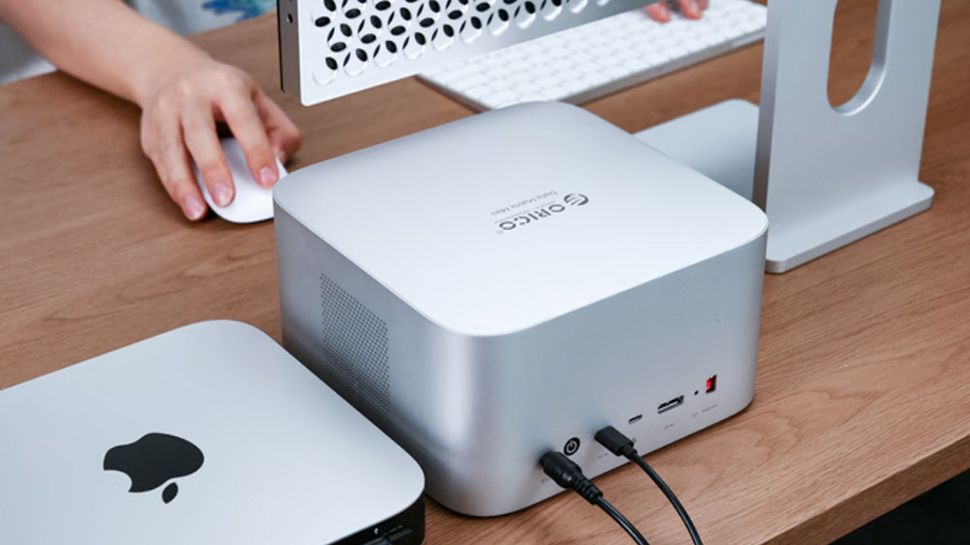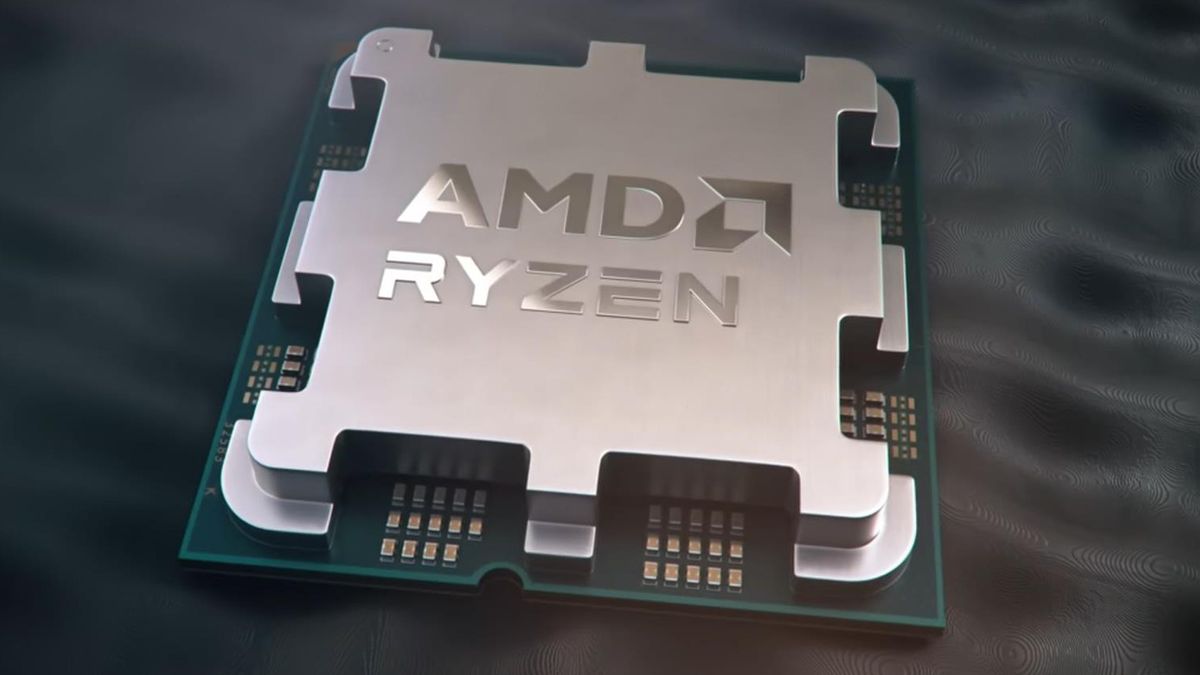China recently threatened severe economic retaliation against Japan if it imposed further restrictions on maintenance and sales of chip-making equipment to Chinese companies. China is reported to be in retaliation by cutting off Japan's access to minerals essential for automotive production.
Cars are one of Japan's main exports and Toyota is one of the country's most influential organisations. Toyota has also invested heavily in Taiwanese chipmaker TSMC's Kumamoto plant, so it will undoubtedly be one of the companies hardest hit by any potential new restrictions on Japanese exports.
This comes at a time when the US has been pushing Japan to align itself more strictly with its efforts to curb China’s technological power, specifically in semiconductor strategy. The US previously imposed an embargo on China to prevent exports of the most sophisticated chips (used mainly in military hardware) from reaching the country, but some companies were reported to be circumventing the ban.
Chip war
China's domestic industry cannot yet produce the highest-tech chips that power some of the technologies it is a leader in (especially AI), but it has been able to access the capabilities Through cloud computing services to circumvent US export restrictions.
The United States has recently funded a program to Establish chip manufacturing on US soilBut Taiwan currently accounts for 68% of the semiconductor market. Senior US officials are said to be working with their Japanese counterparts to protect supplies of crucial materials.
Toyota and chipmaker Tokyo Electron are among those most at risk if exports are affected, with the latter's shares falling nearly 2% following news of tense relations between Japan and China.
It remains unclear whether Japan will give in to US demands and impose export restrictions, or what specific repercussions this would have on Japanese industry. Biden is said to be confident that a deal will be reached before the end of the year.
Through Bloomberg.









